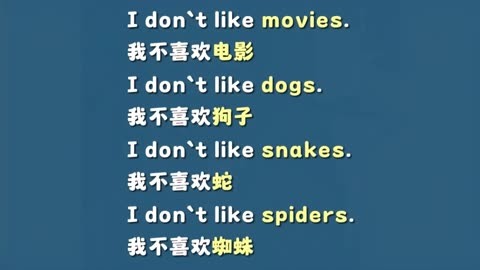As an avid fan of English literature and a passionate advocate for the use of language as a tool to broaden perspectives, I often find myself drawn to the realm of children's science fiction movies. These movies, with their blend of fantastical elements and grounded scientific concepts, offer a unique opportunity to introduce young minds to the beauty of the English language. In this article, we will explore why children's science fiction movies are such valuable resources for English learners, highlighting some key examples that can be both entertaining and educational.

Why Children's Science Fiction Movies?
Children's science fiction movies are an excellent way to engage children in English language learning. The genre is not only exciting and imaginative but also provides a rich context for vocabulary acquisition and grammar practice. Here's why:
Vocabulary Expansion
The worlds of science fiction are vast and varied, offering a treasure trove of unfamiliar vocabulary. For instance, in the movie "Ender's Game," there are terms like " Battle School," " Stratego," " Hegemony," and " Formation." Such words, once introduced through these films, become memorable and can easily be incorporated into everyday language.
Science and Technology Vocabulary
Many science fiction movies incorporate scientific concepts, making these movies ideal tools for introducing complex ideas in an accessible way. Take, for example, the movie "Interstellar" which deals with physics, space travel, black holes, and time dilation. Through such movies, young viewers not only learn new words but also grasp fundamental principles of physics and cosmology.
Grammar Practice
The narrative structures in science fiction movies can be used to practice different grammatical patterns. For instance, many sci-fi stories follow the classic three-act structure—setup, conflict, resolution. By identifying these structures in the storyline, children can better understand how English sentences build upon one another to form larger narratives.
Examples of Children's Science Fiction Movies
Now let’s take a look at some popular science fiction movies that have made significant contributions to English education:
Ender's Game
This adaptation of Orson Scott Card's classic book follows a brilliant child prodigy who leads his team to victory against an alien threat while honing his strategic skills. The movie is filled with military terminology and strategy-related vocabulary that can be great additions to any language learner's vocabulary bank.
Jumanji: Welcome to the Jungle
Based on the board game of the same name, this adventure film combines elements of jungle survival with thrilling action sequences. It provides a fun way to introduce phrases like “jump into action,” “take cover,” and “get out alive.” This movie offers plenty of opportunities for practicing sentence structure while keeping the attention of young learners engaged.
Interstellar
This epic journey through space features complex scientific concepts and emotional storytelling. With its focus on intergalactic travel and time manipulations, it offers numerous examples of advanced English grammar and vocabulary that are perfect for more advanced learners.
How to Make Science Fiction Films Educational

While watching these movies, parents or teachers can guide viewers by asking them questions about characters, plot twists, or scientific concepts. Encouraging discussion around the movie can help deepen understanding and reinforce newly learned words. Additionally, creating interactive activities related to the film can further enhance retention. For instance:
- Vocabulary Matching: Create flashcard sets with new words from the movie on one side and their definitions on the other for matching games.
- Word Wall: Post new words from each movie on a large wall where students can reference them regularly during their studies.
- Interpretation Questions: Have students write or talk about how they think a character would respond in a given situation using specific movie phrases or words.
- Sentence Construction: Use movie clips to teach how different sentence types (e.g., simple present versus future) convey different actions or events in the story.
- Role-Playing Games: Encourage students to act out scenes from the movie using only the vocabulary and grammar they have learned. This activity helps solidify their understanding of new vocabulary in context.
- Movie Recaps: Write short summaries or recaps in English based on the plot points from the movie for students to read and improve their reading comprehension skills.
In conclusion, children's science fiction movies provide an engaging platform for enhancing English language skills among young learners. By incorporating these visually compelling stories into language learning activities, children can acquire new vocabulary, understand complex grammar structures, and engage with the language in meaningful ways. Whether through discussion, interactive exercises, or creative writing assignments, these movies offer a wealth of material that can enrich both their learning experience and cultural understanding. As such, science fiction films are not just entertainment for children but also powerful tools for language educators looking to inspire interest in English learning among their pupils. 推荐阅读》
未经允许不得转载:» 儿童科幻电影英语版(少儿科幻影片英文版)

 家长点评网
家长点评网











